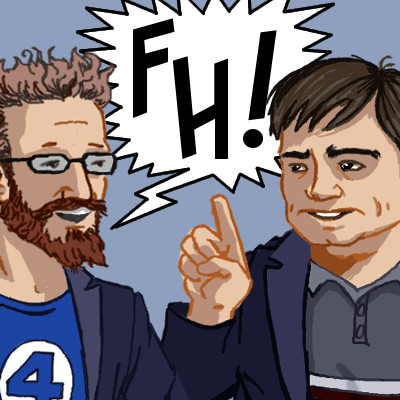As Russian playwright Anton Chekhov once said: “I’ve got a gun!” Why is this an important statement in the history of fictional narrative? And how does it relate to some sort of box that J. J. Abrams once got as a kid? (Hint: Alfred Hitchcock)
The answers are inside…
Ross’ Show Notes
“Remove everything that has no relevance to the story. If you say in the first chapter that there is a rifle hanging on the wall, in the second or third chapter it absolutely must go off. If it’s not going to be fired, it shouldn’t be hanging there.”
“One must never place a loaded rifle on the stage if it isn’t going to go off. It’s wrong to make promises you don’t mean to keep.” Chekhov, letter to Aleksandr Semenovich Lazarev (pseudonym of A. S. Gruzinsky), 1 November 1889.
“If in the first act you have hung a pistol on the wall, then in the following one it should be fired. Otherwise don’t put it there.” From Gurlyand’s Reminiscences of A. P. Chekhov, in Teatr i iskusstvo 1904, No. 28, 11 July, p. 521.
“There is a distinct difference between “suspense” and “surprise,” and yet many pictures continually confuse the two. I’ll explain what I mean.
We are now having a very innocent little chat. Let’s suppose that there is a bomb underneath this table between us. Nothing happens, and then all of a sudden, “Boom!” There is an explosion. The public is surprised, but prior to this surprise, it has seen an absolutely ordinary scene, of no special consequence. Now, let us take a suspense situation. The bomb is underneath the table and the public knows it, probably because they have seen the anarchist place it there. The public is aware the bomb is going to explode at one o’clock and there is a clock in the decor. The public can see that it is a quarter to one. In these conditions, the same innocuous conversation becomes fascinating because the public is participating in the scene. The audience is longing to warn the characters on the screen: “You shouldn’t be talking about such trivial matters. There is a bomb beneath you and it is about to explode!”
In the first case we have given the public fifteen seconds of surprise at the moment of the explosion. In the second we have provided them with fifteen minutes of suspense. The conclusion is that whenever possible the public must be informed. Except when the surprise is a twist, that is, when the unexpected ending is, in itself, the highlight of the story.”
“[If I tell people who Cumberbatch plays, they know that they] would have a five-second rush of exhilaration followed by four months of being completely and totally bummed out that they can’t tell anybody else and that when it gets revealed in the movie, it will have been spoiled for them. That’s why they’re called ‘spoilers,’ they’re not called ‘awesomes.’”
- J. J. Abram’s TED talk is still up on their website, but I’ll also post it below. I’m still scratching my head about it. I don’t know, should I let it go?





